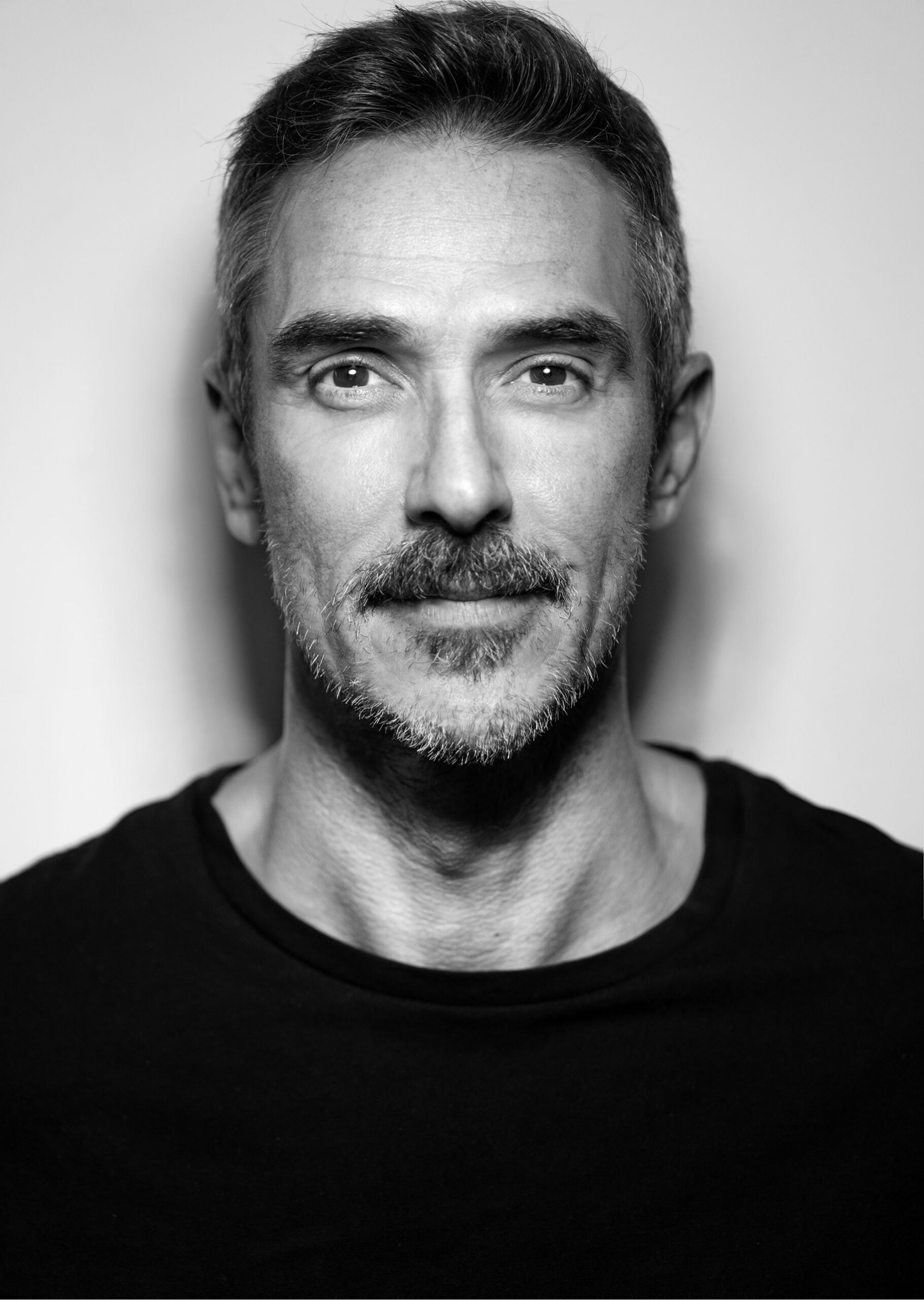One of the great pillars of healthcare, a relationship of trust between doctor and patient is crucial – while one is facing health problems, the other has the skills, knowledge and experience to minimise suffering, create a treatment plan, execute it and accompany the patient towards a solution that restores health and wellbeing. So, why is trust in healthcare eroding?
The state of the world
From political unrest to armed conflicts, from corruption and financial crimes to rising societal issues such as LGBTQ, minorities, gender equality, Black Lives Matter and the Me Too movement, important and relevant discussions are being raised. It’s like we’re in an age of transformation. And for these discussions to take place, the establishment needs to be put in the spotlight and the way that things are need to change, because positive change is important. However, the world has never really been a fair place and in order for change to occur a lot has to happen. And because things aren’t happening at the speed that they should – or that people think they should – the world is currently a place of tension and we’re witnessing a global and massive distrust in government.
The pandemic
The COVID-19 pandemic rocked our world in a completely unexpected way. Personally, we were affected not only by the illness itself and all the unknowns it brought with it, but by successive lockdowns, social distancing, isolation, loss, shifts and uncertainty in employment and how all this affected our families and our own mental health. In the healthcare field, we had to continuously adapt, which included being short staffed, unexpected investments in new safety and hygiene protocols, and in the process we’re decked out in massive personal protection equipment, wearing masks and taking risks every single day in order to be there for our patients. Curiously, many patients became increasingly afraid of visiting their clinics and routine health was moved to the back burner, no longer a priority.
The rise of the “me culture”
Compounded by the state of the world and by the global pandemic, the rise of the “me culture” is also contributing to the generalised mistrust we are witnessing. And this “me culture” starts with the Internet, with social media, with too much information, with fake news, with everything at our fingertips, with everyone thinking they are an expert in something or, worse, in everything. The continuous lockdowns we experienced over the past 2 years not only didn’t help, but have greatly contributed to this “me culture”, whereas people have been cooped up in their homes consuming only what they want to see. And that has created “emotional mental islands” or personal safe havens where you’re only watching your own political views, the news you want to see, you’re only listening to things that you want to listen to. And while I’m all for the concept that we’re in charge of our worldview and that everyone has the right to live according to their own beliefs, in some cases, the “me culture” has become one-dimensional, too closed in, too radical. And we have been seeing the results: growing impatience, super stress, unhealthy behaviours (road rage is a great example), fear, scepticism, distrust, a huge spike in mental health issues.
What does this mean for healthcare?
It means that it’s actually a really tough time to be in the healthcare industry. In addition to dealing with patients that have done a ton of research and inquiries before scheduling an appointment with a doctor, we’re also dealing with Google reviews, good and bad. There is a lot of competition, especially in Portugal, where there are double the dentists required by the World Health Organization. Things become even more complicated when we’re talking about private practices – because patients are paying for this service, they believe they are entitled to everything and anything, they believe they have a say in everything and anything. And while this may be true when practised respectfully, the truth is, when distrust and the “me culture” invade a consultation, invade a clinic with two decades of experience, invade the diagnosis and treatment protocol of a dentist with world-class expertise, modern healthcare continues to be a very stressful profession. But health and wellbeing should be the complete opposite, right?
A practical case
This is definitely affecting our practice and I’ve personally been noticing more and more distrust from patients. Recently, as I was preparing for a surgery, the patient called his wife to ask her opinion on one of the medications that we were about to administer – something completely standard – and wanted me to speak to her. Why are you using medication A instead of medication B? Two immediate red flags: an adult patient that needs to consult another adult immediately before surgery, and someone who is not the patient questioning the doctor leading the case in a way that suggests they know more about the procedure than I do. Usually, I don’t take these cases. And I didn’t. I informed the patient I was not going to treat him and I gracefully walked out the door. Why did I suspend the procedure? Because I was about to do a complex surgery that involved a serious amount of risks and if I had the patient’s spouse disrespectfully questioning my protocol before I even started, naturally the fear that something could go wrong with the surgery was heightened. Consequently, mental health issues are also on the rise for practitioners.
The role of trust in healthcare
Whether we’re speaking about dentistry or any other field in medicine, the bottom line is: you’ve got to trust your doctor. Your doctor has studied, is continuously studying, has seen and intervened in similar cases, has dedicated time to your case, knows the protocol by heart, understands the risks, knows exactly what to do if something doesn’t go as planned, is supported by science, by technology, by a highly qualified staff. When you get on a plane, do you ask the captain what gas they’re using, what route they’re taking, do you tell them to use an alternative gas, to take an alternative route? No. You sit down, enjoy your flight and trust the captain to get you safely to your destination. It’s exactly the same with a doctor: making a judgement call on a medical treatment plan is not cool.
What is cool is having a healthy and respectful conversation with your doctor beforehand and I guarantee we’re all ears: What’s wrong with me? How are you going to fix this? How much is it going to cost? When will I be better? What are the risks? This option scares me, are there alternatives?
Doctors have always had a special role in society. And since the Hippocratic age, trust has been the foundation of all patient-doctor relationships, something that must continue strong today.
There can be no healthy practitioner-patient relationship when the bond of trust is inexistent from the start or if it is broken along the way. And once that’s done, it’s done. There’s no going back. And if the trust is not there and something goes wrong, it’s just a world of pain for everybody. Sometimes, you just have to say no. Sometimes, you just have to cancel treatments. Sometimes, it really is in everyone’s best interest. But when there’s trust, there’s a lifelong relationship of care, dedication and wellbeing. And that really is everything.






